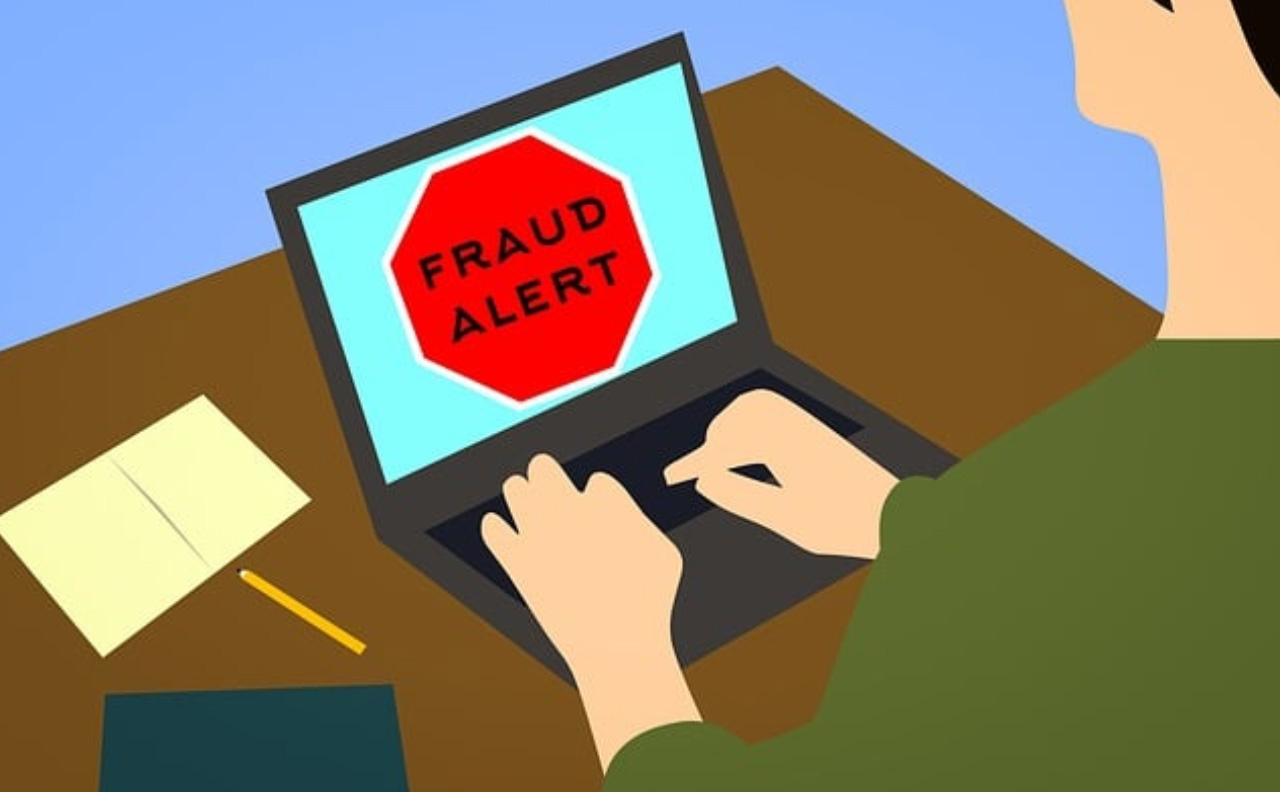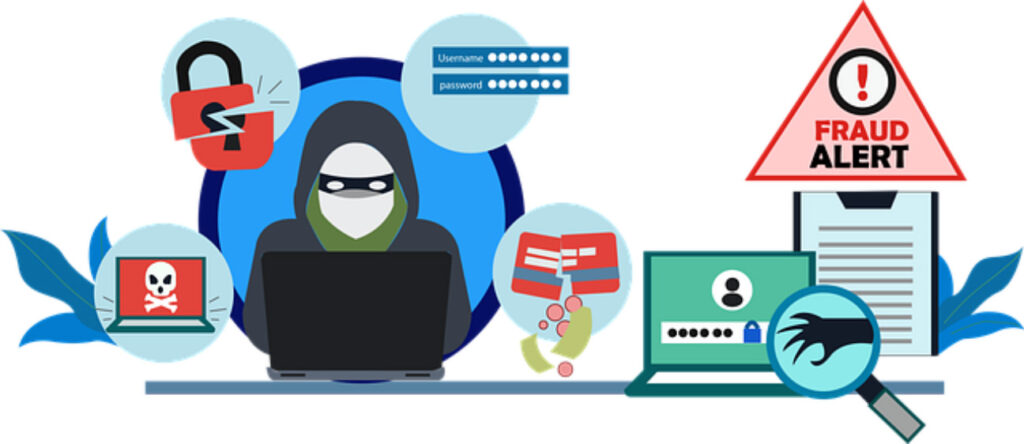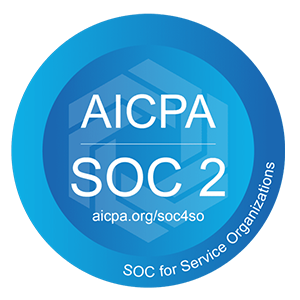It is in our nature to question things that are new to us. According to The Stute, curiosity is the desire that humans have to question things. Curiosity is something that is unique to our species and in fact, sets us apart from others.
The internet has become essential in living our daily lives. One benefit of having an internet connection is swift communication and access to thousands of online tools. The public availability of the Internet has helped a specific industry grow immensely. An article published online mentioned the Secretarial services industry grew from its humble beginnings to become an in-demand Virtual Assistance industry.
In 1837, Sir Isaac Pitman invented the shorthand method, an abbreviated symbolic writing method that increases the speed and brevity of writing as compared to longhand, the common method of writing a language or message. With this invention, Sir Isaac Pitman created a demand for a uniquely skilled group of people, leading to the initiation of the secretarial services industry.
The first secretarial school owned by Sir Isaac Pitman then only allowed men. Things eventually changed and women were allowed into the secretarial school following the invention of the typewriter. The technology improved and workers resiliently adapted. Typewriters evolved into word-processing systems, and word processors transformed into telephones and fax machines.
Now, with the public availability of the Internet, the Secretarial services industry has evolved into the Virtual Assistance industry. If the idea of remote services is new to you, it is understandable that your immediate response is to ask several questions. Commonly, people are skeptical about this industry. Both employers and applicants are asking: “Is the trend legit?”
Learn about the facts about the Virtual Assistance industry and the different things to look out for to avoid falling prey to scammers.
Virtual Assistant Jobs Are Legit
It is important to recognize the legitimacy of the industry. Remote job opportunities truly exist.
In 1995, Christine Durst wrote the book “The 2-Second Commute”. The author addressed the booming industry of virtual assistants as a revolutionary way of working from home. According to a LinkedIn blog, Christine Durst encouraged people all around the world to maximize the ability and advantages of the internet. She inspired professionals to pursue their passions and independence while earning in the convenience of their homes.
Opportunities for online work are all over the internet. Some positions are found directly on the websites of companies looking for applicants, while other job openings can be found through platforms like Linkedin and Indeed.
If you are a job seeker interested in applying for remote work opportunities, here are some tips on how to know if the job listing is legit or if it is possibly a scam:
- Look for jobs from legitimate websites that offer company reviews. You may further optimize your search by utilizing Glassdoor, and other similar company review sites.
- Check the company’s presence online. Do a quick Google search of their website and social media platforms. Remember, a real company has an active online presence.
- Look for a detailed job description. A legit employer is clear and precise on the exact tasks they need to be done. If the job description is vague and the employer is not looking for any specific skills for the position, be cautious.
- Any reputable company will never require an applicant to pay anything with their own money during the hiring process.
- A trustworthy company will appreciate your due diligence and caution.
What Are The Common Virtual Assistant Job Scams?

Bad people looking for easy money are riding the trend of increasing demand for virtual assistants. Scammers come from both sides of the industry. While there are clandestine companies, there are also crooked applicants.
Everyone is susceptible to various types of remote job scams. The Better Business Bureau released a report discussing that 68% of employment scams happen online. Moreover, the Northern Kentucky Tribune published an article online saying the first quarter of 2023 monetary losses from job scams tripled by $840,000.
Learn more about the different schemes, and warning signs, and understand how to avoid virtual assistant scams.
Scams To Watch Out For Companies and Employers
FALSE CREDENTIALS OR PERSONAL INFORMATION
During an application process, companies commonly require candidates to submit documents to support their identity and educational and professional background. If an applicant refuses to present necessary documents for references, it may suggest that they are not providing real information about themselves.
GHOSTING
In this scenario, a worker will be out of reach or missing in action during work hours. Be vigilant of remote employees who refuse video call meetings, who do not meet deadlines, or who deliberately choose not to work. Ghosting commonly happens with project-based jobs when the employers have to provide initial payments before a job is even completed.
MISUSE OF COMPANY ASSETS
Some companies provide employees with supplies and work allowances. Some workers exploit such generosity and misuse funds for personal interests. If an employee cannot surrender official receipts or any proof of purchase of office supplies, they may be using company resources for benign abuses or even maverick spending.
DATA THEFT
Bogus employees will utilize remote access to steal company information. Scammers plan to use company credentials to find credit card information and other personal information to commit other cybercrimes like phishing, trafficking, and more.
Scams To Watch Out For Applicants
FAKE CREDENTIALS AND COMPANY IDENTITY
Fraudulent employers commonly use fake URLs, company names, websites, and photos to lure job seekers into providing their personal information. Some scam companies can look real and professional because they repurpose information from a legitimate company and pretend to be an affiliate like a hiring manager.
PHISHING
Be vigilant when a job offer includes a click-a-link. Most of the time, these links are used to steal personal financial information and eventually transfer your money to the scammer’s bank account. In other cases, they would even invite the person to join a chat group wherein they would conduct social engineering to lend them money.
PYRAMID SCHEME
According to Forbes, a pyramid scheme is a type of scam where a company promises to help you earn big profits in exchange for recruiting new participants. What is tricky about this type of scam is that a real person would reach out to entice and promote remote work, then eventually discuss a pyramid marketing plan. Some scammers even go as far as having a real business owner conduct live streaming to answer questions. Several job seekers are suffering from monetary loss due to this type of fake remote job.
MONEY MULE
If an employer is giving you tasks to send or transfer money to a certain individual, the work is possibly a sham. A fallen victim to a money mule scheme becomes an accomplice, without their consent, to a cryptocurrency, phishing, or other cybercrime act.
ONLINE RESHIPPING SCAM
This scheme is quite similar to a money mule scam. However, instead of cash, scam artists ask the employee to send stolen goods outside the United States. If the employer requests you to regularly run errands like repacking and shipping goods, this is a warning sign. A victim of a personal assistant scam also pays for shipping fees with promises of reimbursement but the money is never returned.
UNPAID SERVICES
Some personal assistant job scams begin with fake employers reaching out to potential victims via messaging apps, Facebook groups, and other social media sites. Once the applicant shows interest in the offer, they are immediately employed without proper documentation and right away given real work. However, once the project is done the victim of a virtual assistant scam never receives compensation and the scammer cuts off all connections.
Always keep in mind that real job opportunities are commonly found on legitimate platforms like Linkedin, Indeed, and Remote Raven.
How To Spot Virtual Assistant Scams?
Employee Red Flags
Refusing to show face or any proof of identity
Most virtual assistants are aware that a real job requires them to show their face through video calls, and online meetings. If an employee or applicant for a personal assistant position refuses to show their face, as an employer you should consider that as a red flag.
Logging in credentials to multiple devices
Virtual assistant employees should only be given access to customer lists, emails, passwords, work-in-progress, and future product or service launches using a company-verified device. If an employee constantly asks for access through a different device, as an employer you should consider that as a red flag.
Frequent remote access permission request
An employer should always keep the company data secured. As a security measure, employees should not always be allowed to access company information especially remotely. Sensitive information can be transmitted through security platforms like NordPass or LastPass.
If you are a business owner looking to hire a remote service provider, find the time to interview with all the applicants. The interview will provide personal information on the character of the candidate. If you need assistance with the hiring process, Remote Raven can provide all the help you need. The company can connect you to professional virtual assistants, and schedule appointments for the interviews. As a legitimate outsourcing company, Remote Raven diligently vets all applicants for any job posting.
Employer Red Flags
- Too good to be true job ads
- Urgent hiring requests, and contract signing
- Unsolicited job offers
- Informal, and grammatically incorrect emails
- Usage of popular domain names on email
- Asking for too much information and money
Are you interested in work-from-home opportunities? If you want to become a virtual assistant and earn, you can steer clear of scams on job boards by inspecting for warning signs. If the company presents several red flags, you should immediately stop communicating with any contact person. A legitimate business will never ask you to surrender your first paycheck as an employment fee, give them more money just to keep the job, for access to your bank account, or your social security number.
Here’s The Real Deal
Remote Raven can help you avoid virtual assistant scams. It is challenging to search for a potential client if you are new to the industry. With the help of competent talent managers in the company, Remote Raven can connect you with an authentic business, and eventually lead you to employment.
Remote Raven is an authentic company with real clients and real employees. If you are looking to hire a virtual assistant, or seeking remote job opportunities, you may direct your inquiries to:
- 800-940-5919
- info@hireremoteraven.com













